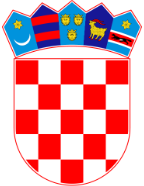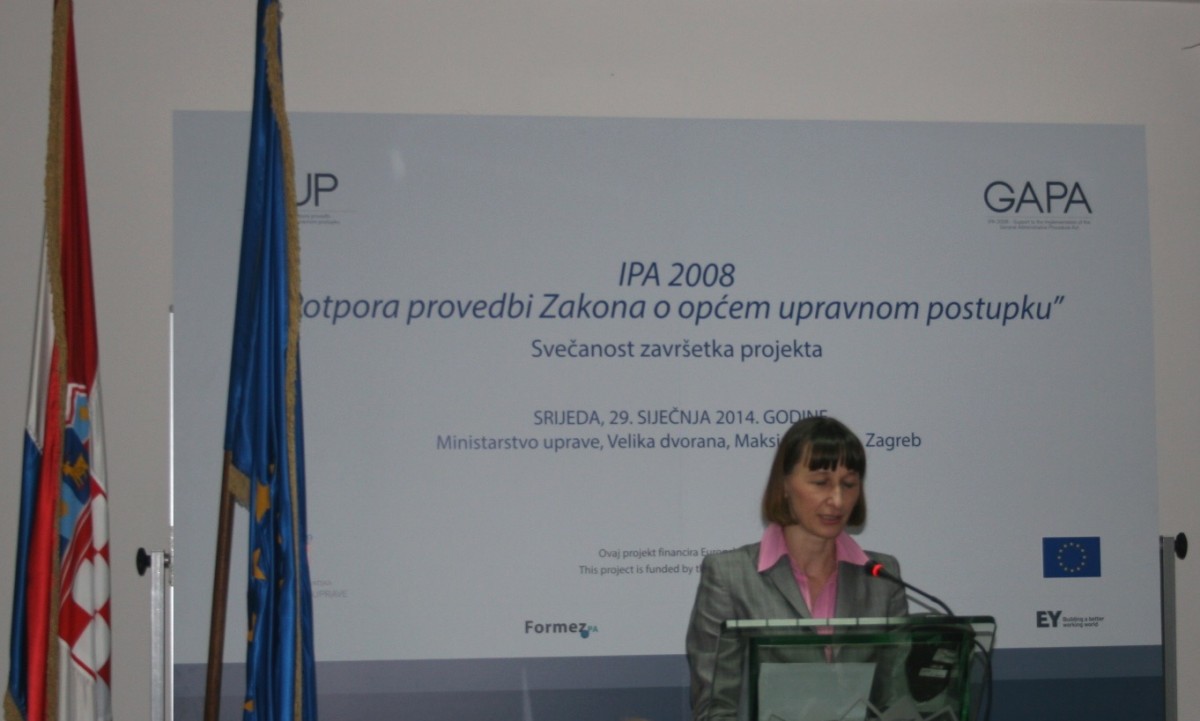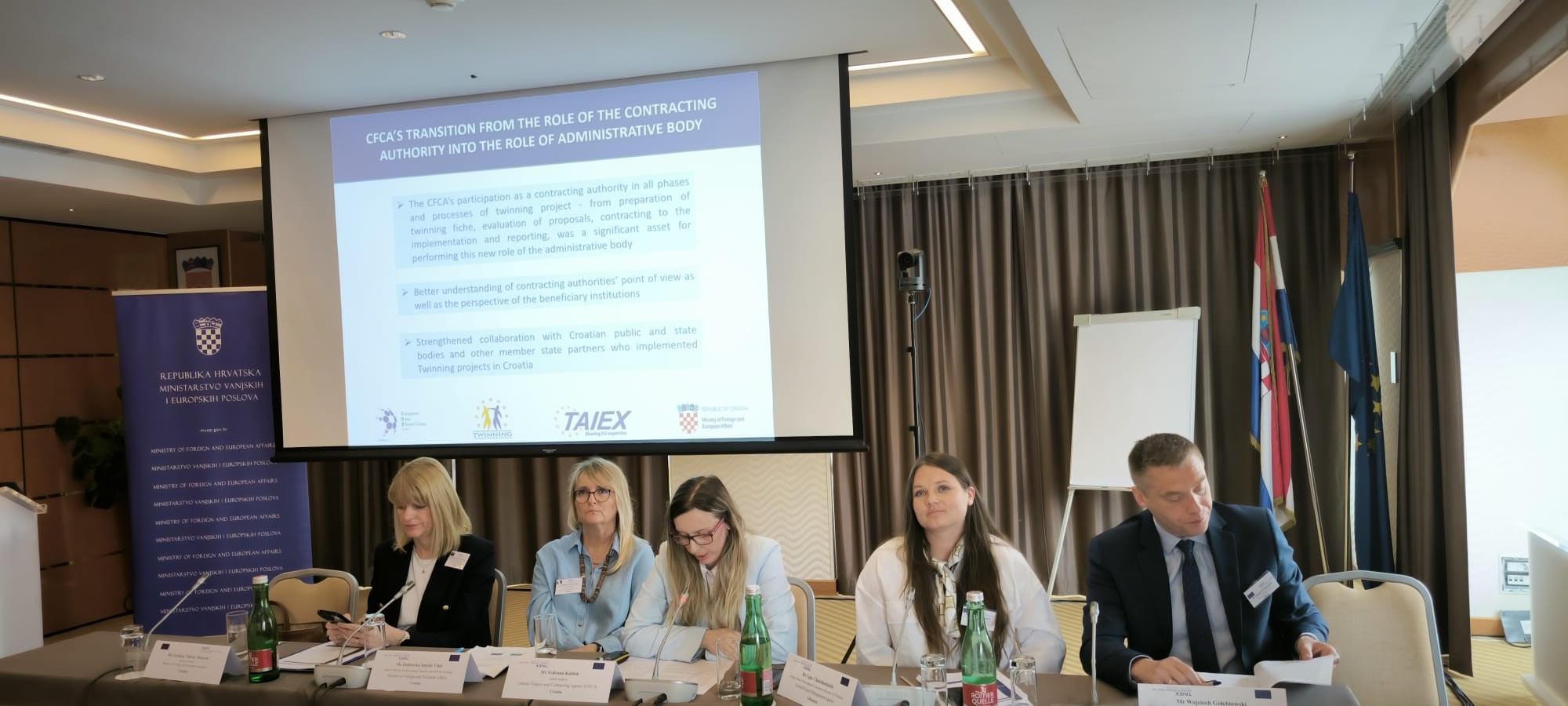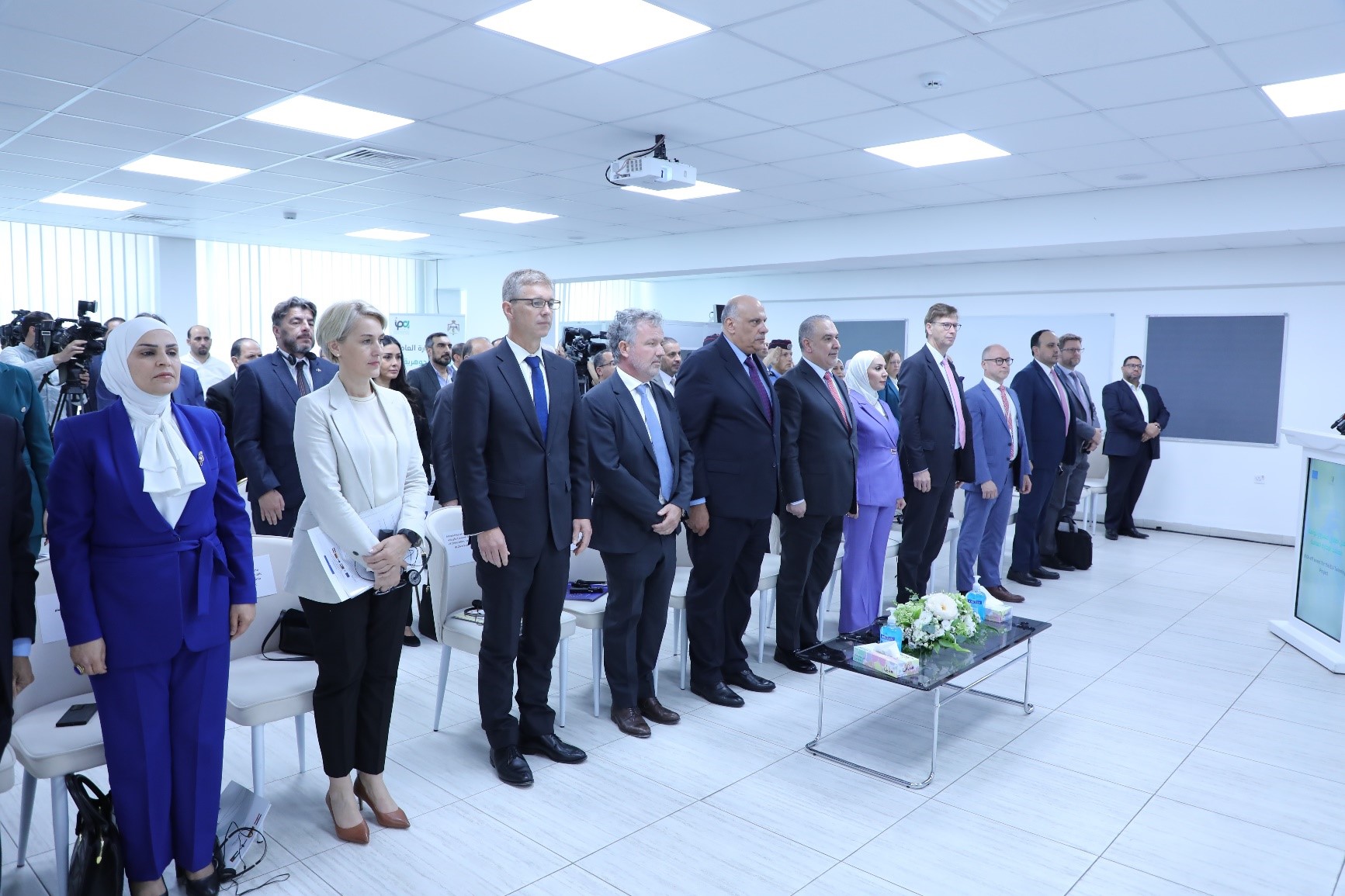The ceremony was opened by the Minister of Public Administration, Mr. Arsen Bauk. The participants were addressed and welcomed by Ms. Nataša Mikuš Žigman, the Director of Central Finance and Contracting Agency and Ms. Mirella Rašić from the European Commission Representation to the Republic of Croatia. As part of the project 81 civil servants became certified trainers of GAPA over the past two years and a total of 30 two-day training sessions for civil servants were held across Croatia. The project also included the establishment of the Training Network, which includes not only trainers of GAPA but also different public administration institutions that implement GAPA. The Network can improve links between institutions and offers the potential for more transparent and efficient work through sharing knowledge and experience between civil servants and institutions. For the first time a system of e-learning about GAPA was established, publicly available through GAPA’s website www.gapa.hr, designed as part of this project. At the website, civil servants can obtain the latest information on activities relating to the implementation of GAPA and the public can access the Info Corner offering information about new institutes of GAPA. The website is interactive and citizens and civil servants can ask questions related to the implementation of GAPA, as well as access answers to frequently asked questions.
During the implementation of the project considerable efforts were invested in informing the public about new developments related to the administrative procedure. Three round tables were held in Rijeka, Split and Osijek, as well as one international conference in Zagreb, which attracted over 150 guests. In addition, numerous copies of information leaflets and brochures for citizens were produced and the mentioned website was made available to the public in Croatian and English.
All project’s activities were specifically tailored to the needs identified through comprehensive surveys carried out at the beginning of the project. The results showed that the majority of citizens were insufficiently informed about what constitutes an administrative procedure and which of their rights are regulated by GAPA.
The project \”Support to the Implementation of the General Administrative Procedure Act\” highlighted the need for further strengthening the capacity for successful implementation of public administration reform striving to bring about public administration universally regarded as reliable, open, transparent, efficient, cost-effective, equitable and citizen-oriented. The need remains to invest further effort in training civil servants and informing the public about their rights, obligations and opportunities provided by the new GAPA. It is, therefore, of particular importance that education and the exchange of experience and knowledge of experts is continued throughout Croatia, through seminars, workshops and conferences










